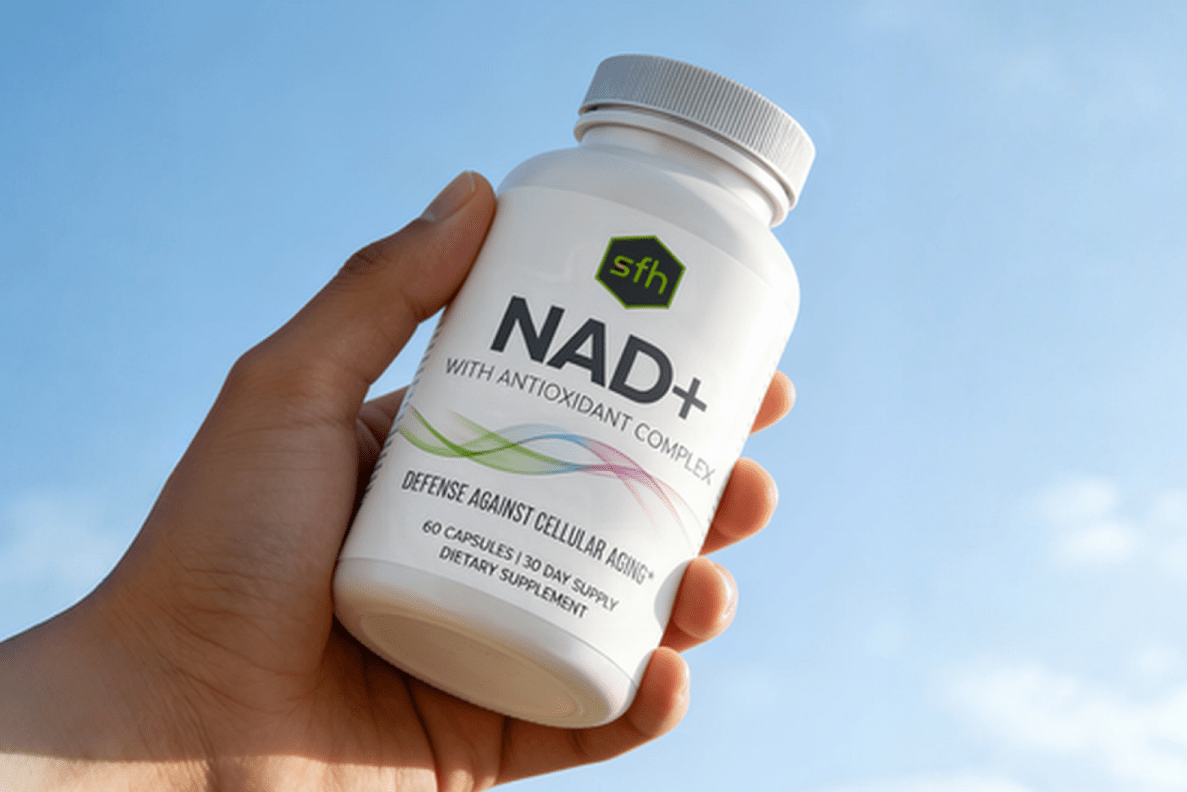Fasting has gained popularity for its potential benefits in weight loss, metabolic health, and spiritual growth. Whether you’re practicing intermittent fasting, water fasting, or engaging in fasting for medical purposes, you might wonder how taking vitamins fits into your regimen. Specifically, you may ask: Should I take vitamins while fasting? In this comprehensive guide, we’ll explore this question from a medical perspective, discuss different types of vitamins, and offer practical advice for incorporating vitamins into your fasting routine.
Understanding Fasting and Its Effects
Fasting involves abstaining from food or drink for a specific period, and its impact on your body can vary based on the type of fast and your overall health goals. The primary concern during a fast is to avoid breaking the fasting period, which typically means avoiding foods and supplements that might disrupt the physiological state of fasting.
Types of Fasts and Their Goals
Intermittent Fasting
This method alternates between eating and fasting periods, such as the 16/8 method, where you fast for 16 hours and eat during an 8-hour window. The goal is often weight loss, improved metabolic health, or increased energy levels.
Water Fasting
This involves abstaining from all foods and drinks except water. It is usually done for a set number of days and is often used for detoxification or as part of a religious or spiritual practice.
Medical Fasting
This type of fasting is often required before medical tests or procedures to obtain accurate results. It generally involves avoiding all foods and sometimes beverages to ensure that test results reflect your natural state without external influences.
The Role of Vitamins During Fasting
When fasting, it’s crucial to understand how different types of vitamins interact with your fasting state. Here’s a closer look at how various vitamins might affect your fast.
Water-Soluble Vitamins
Water-soluble vitamins include Vitamin C and the B vitamins (such as B12, B6, and folic acid). These vitamins dissolve in water and are absorbed directly into the bloodstream. They generally do not require food for absorption, which makes them more compatible with fasting.
Vitamin C
This vitamin is essential for immune function and skin health. It is quickly absorbed and utilized by the body, even on an empty stomach. Taking Vitamin C during a fasting period is usually acceptable, but it’s important to monitor how your body responds, as some people may experience stomach irritation.
B Vitamins
B vitamins are crucial for energy production and metabolic processes. Like Vitamin C, they are water-soluble and can be taken without food. However, some B vitamins, like B12, might be better absorbed when taken with a meal.
Fat-Soluble Vitamins
Fat-soluble vitamins include Vitamins A, D, E, and K. These vitamins require fat for proper absorption and are stored in the body’s fat tissues. Taking these vitamins without food can reduce their effectiveness and might cause digestive discomfort.
Vitamin A
Important for vision and immune function, Vitamin A should be taken with food to ensure proper absorption. During fasting, it’s best to wait until your eating window to take this vitamin.
Vitamin D
Essential for bone health and immune function, Vitamin D is also best absorbed with foods containing fat. If you are fasting for an extended period, consider taking Vitamin D during your eating period to maximize its benefits.
Vitamin E
This vitamin acts as an antioxidant and supports skin health. Since it requires fat for absorption, it should be taken with food, making it more suitable for consumption during the eating window of your fast.
Vitamins and Insulin Response
One concern when taking vitamins during fasting is whether they might trigger an insulin response. Insulin is a hormone that regulates blood sugar levels, and any substance that stimulates its release could potentially disrupt the fasting state.
Water-Soluble Vitamins
Generally, these vitamins do not significantly impact insulin levels. However, if they come in the form of supplements with added sugars or carbohydrates, they could affect your fasting state.
Fat-Soluble Vitamins
If these vitamins are part of a supplement that includes fats or other additives, they might impact insulin levels. It’s important to choose supplements that align with your fasting goals.

Practical Tips for Taking Vitamins While Fasting
Timing Matters
Take water-soluble vitamins during your fasting period if you choose to do so. For fat-soluble vitamins, wait until your eating window to avoid any negative impact on absorption and digestion.
Monitor Your Body
Pay attention to how your body responds to taking vitamins while fasting. If you experience discomfort or changes in your fasting state, adjust your routine accordingly.
Choose High-Quality Supplements
Opt for reputable brands like Uscriptives, known for their high-quality, physician-recommended vitamins. Quality matters in ensuring you get the most benefit from your supplements without unnecessary additives.
Consult a Healthcare Professional
Always seek personalized advice from a healthcare provider or nutritionist to tailor your vitamin intake to your specific fasting regimen and health goals. They can provide guidance on the best practices for your individual needs.
What Foods Won’t Break a Fast?
If you’re concerned about what to consume during your fasting period, some options are generally considered acceptable:
- Water: Essential for hydration and does not break a fast.
- Herbal Teas: Typically do not contain calories or significant nutrients that would affect fasting.
- Black Coffee: Can be consumed during fasting, but avoid adding cream, sugar, or other additives.
When participating in a medical fast, be sure to check with your doctor about any specific diet restrictions you must adhere to.
Rely on Uscriptives for Trusted Essential Vitamins
Whether you should take vitamins and supplements while fasting depends on various factors, including the type of vitamin and the purpose of your fast. Water-soluble vitamins may be acceptable during the fasting period, while fat-soluble vitamins should ideally be taken with food to ensure proper absorption and avoid potential discomfort.
For reliable, high-quality vitamins and essential nutrients, turn to Uscriptives. Our products are crafted to support your health goals and are recommended by physicians for their purity and effectiveness. Whether you’re fasting or simply looking to enhance your wellness routine, Uscriptives provides the trusted supplements you need to stay on track. Visit our website to find the formula that’s right for you!
Publisher: Source link



